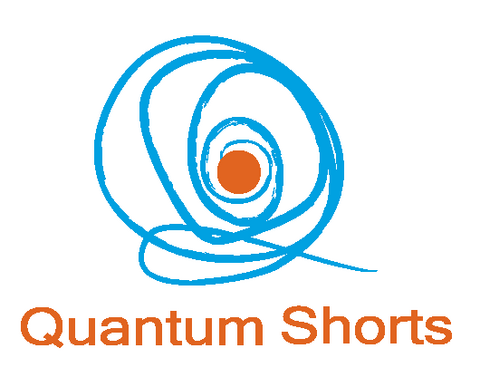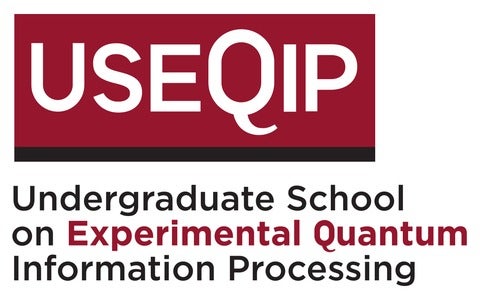Nanostructured flash memory devices based on radical polymers and carbon-based nanomaterials
Giovanni Fanchini, Western University
In this talk, we will review the use of thin films of organic polyradicals – organic polymers with one unpaired electron per monomer [1] – for memory devices and other applications. Although memory devices based on radical polymers have been often proposed, their stability was frequently limited to a few writing cycles, despite the excellent quality of the active layer.

 The
The 